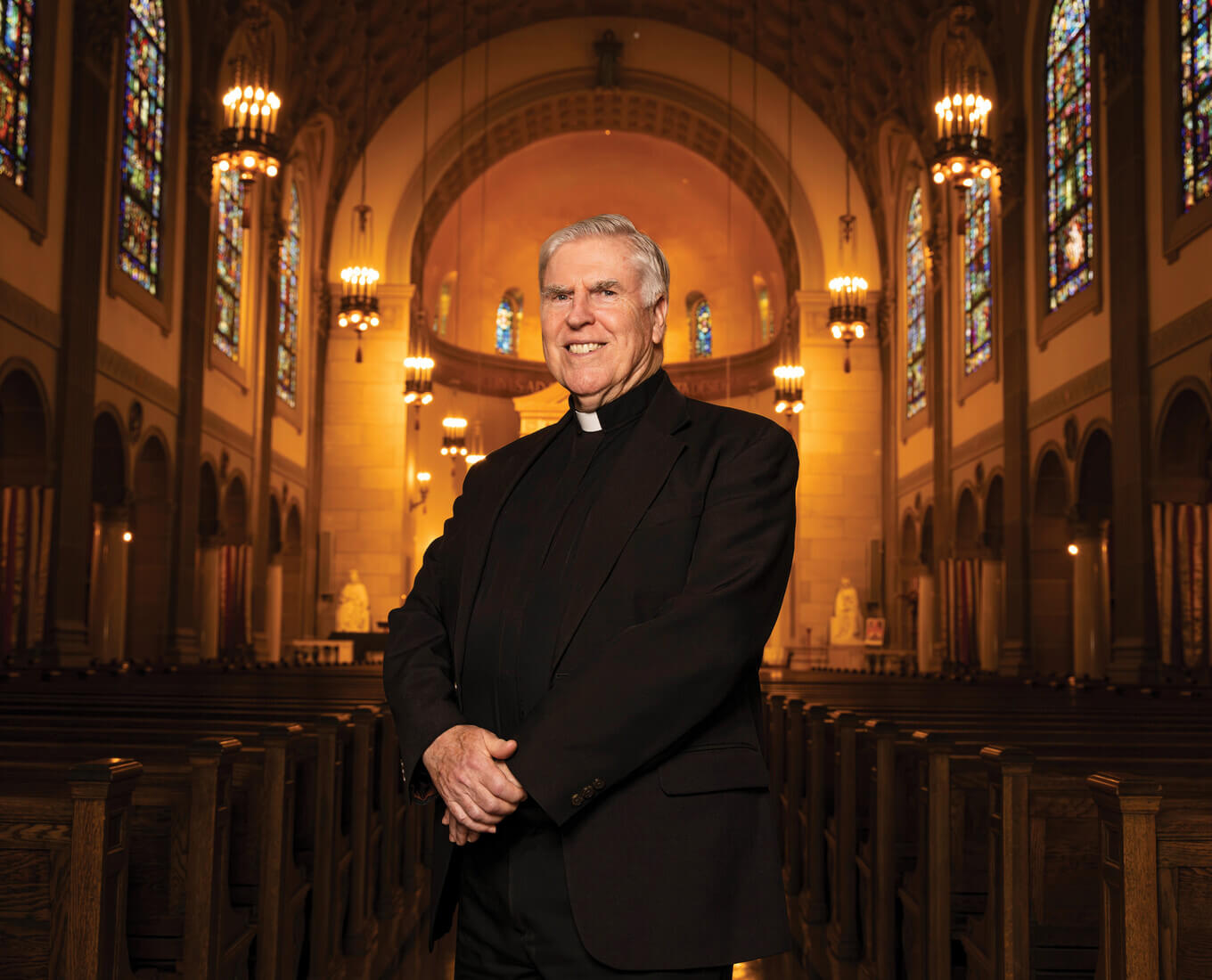 In recent article for The Atlantic, Caner Dagli, associate professor of religious studies at the College of the Holy Cross and expert in Islamic studies, explores what he calls the “mangling” of the teachings of Ramadan by ISIS – and how we might approach thinking about the unthinkable violence and brutality committed in the name of Islam during the holy month. There is, Dagli posits, something much deeper going on.
In recent article for The Atlantic, Caner Dagli, associate professor of religious studies at the College of the Holy Cross and expert in Islamic studies, explores what he calls the “mangling” of the teachings of Ramadan by ISIS – and how we might approach thinking about the unthinkable violence and brutality committed in the name of Islam during the holy month. There is, Dagli posits, something much deeper going on.
“A great danger in all religions is the drift from the inward to the outward, resulting in a focus on the shell at the expense of the kernel,” he writes. “When this happens, rituals like fasting are seen less as interiorizing and illuminating ways of approaching God, and more as measures of conformity and participation in a greater human project. For those people who are usually but misleadingly called fundamentalists (even the most peaceful kind), the pursuits of truth, law, contemplation, and social life are often mashed together into a mechanistic fervor in the service of a supreme goal: the fulfillment of an ideological blueprint.”
Read the full article here.
Related Information
Religious Studies Professor Challenges Much Discussed Atlantic Cover Story on ISIS
This "Holy Cross in the News" item by Kelly Ethier.
‘Ramadan Is Not a Time for Bloodshed’
The Atlantic
Read Time
1 Minute

